Content Sections
Stress is unavoidable. It’s a natural, and even necessary, part of life, closely linked to motivation and enthusiasm. But the problems start when we operate at the very limit of our stress adaptation range for too long and stress that should have been short-term, turns long-term and becomes chronic. That kind of stress can overwhelm our coping mechanisms and make us feel like we’re drowning. It also creates havoc in our body pointing us down the path to chronic disease.
Mentally, we may categorise and ring fence our stress to deal with it better, however as far as our bodies are concerned, the type of stressor is irrelevant because the effects and the consequences are all the same. Be it poor food choices, an emotional run in with your boss, too many marathons stressing you physically or environmental stress from living next to a fracking site, our body’s react in much the same way.
The way we experience stress is individual to each of us. In 2017/18 the UK’s Health and Safety Executive (HSE) reported that stress, depression or anxiety accounted for 57% of all ‘sick days’. Figures received today from Convenzis ahead of a conference in February 2020 cites that mental ill health is costing the NHS £1,794 to £2,174 per employee.
The good news is there’s plenty we can all do to change the way we react to and manage stress. Reducing stress and the effect it has on us will reduce our risk of developing stress related illnesses and chronic disease in general.
As part of #ThrowbackThursday we’re flicking through the ANH back catalogue to help you become more resilient and stress tolerant. Today also sees the release of our latest Health Hack video with 6 strategies to help you change the way you deal with stress.
Note: You will see an advertising banner beneath our videos that play off the Brighteon platform (when they are not maximised). This advertising helps support the Brighteon platform that doesn't charge subscribers for their content, is committed to free speech, yet is also respectful of copyright-related law. We'd like to clarify that no advertising revenue from Brighteon is received by the Alliance for Natural Health Intl.
Additional Resources
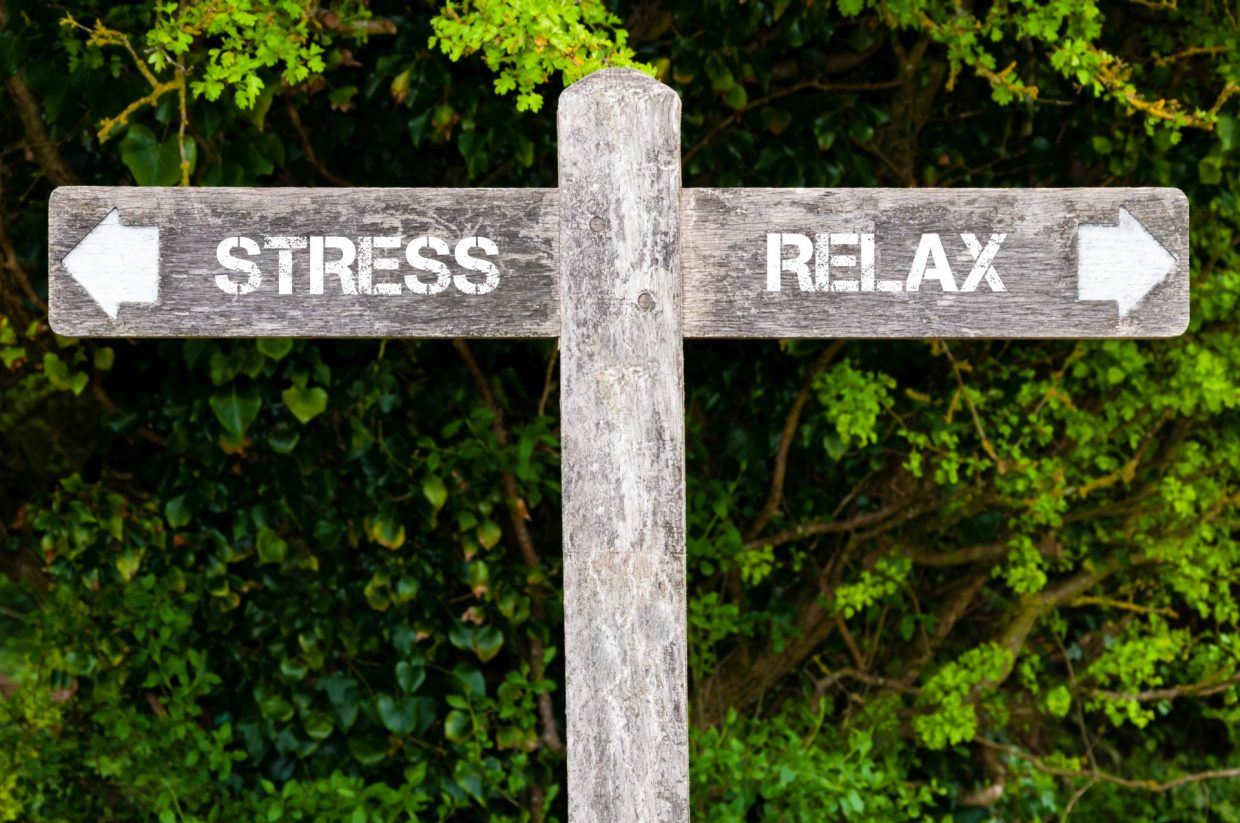
Chronic stress: the manageable modern-day scourge
A wander into the world of stress during International Stress Awareness Week
Stress gets a bad rap, but not all stress is bad. If it wasn’t for positive stress the human race wouldn’t exist as it does today. Equally, natural selection has shaped the stress response – the need to find food, pain, fever and birth. In a more modern context, think about falling in love, travel and starting in a new job. These are examples of positive or good stress. But when does stress become negative rather than positive and how do you hit the off switch when you most need to? Read on – this is the theme of our newsletter articles because it’s International Stress Awareness Week.
Whilst positive stress (eustress) helps to motivate and focus, feels manageable, enhances performance and can even feel exciting. Acute and chronic stress cause distress for many as we stretch to meet and meld ourselves with modern life and all its challenges. However, it's our reaction to chronic stress — rather than the nature of the stressor itself — that actually influences whether or not the stress will damage our mental or physical health in the longer term. And that means that we can become more stress tolerant and resilient by knowing when to hit the off switch and take some time out
Read more…
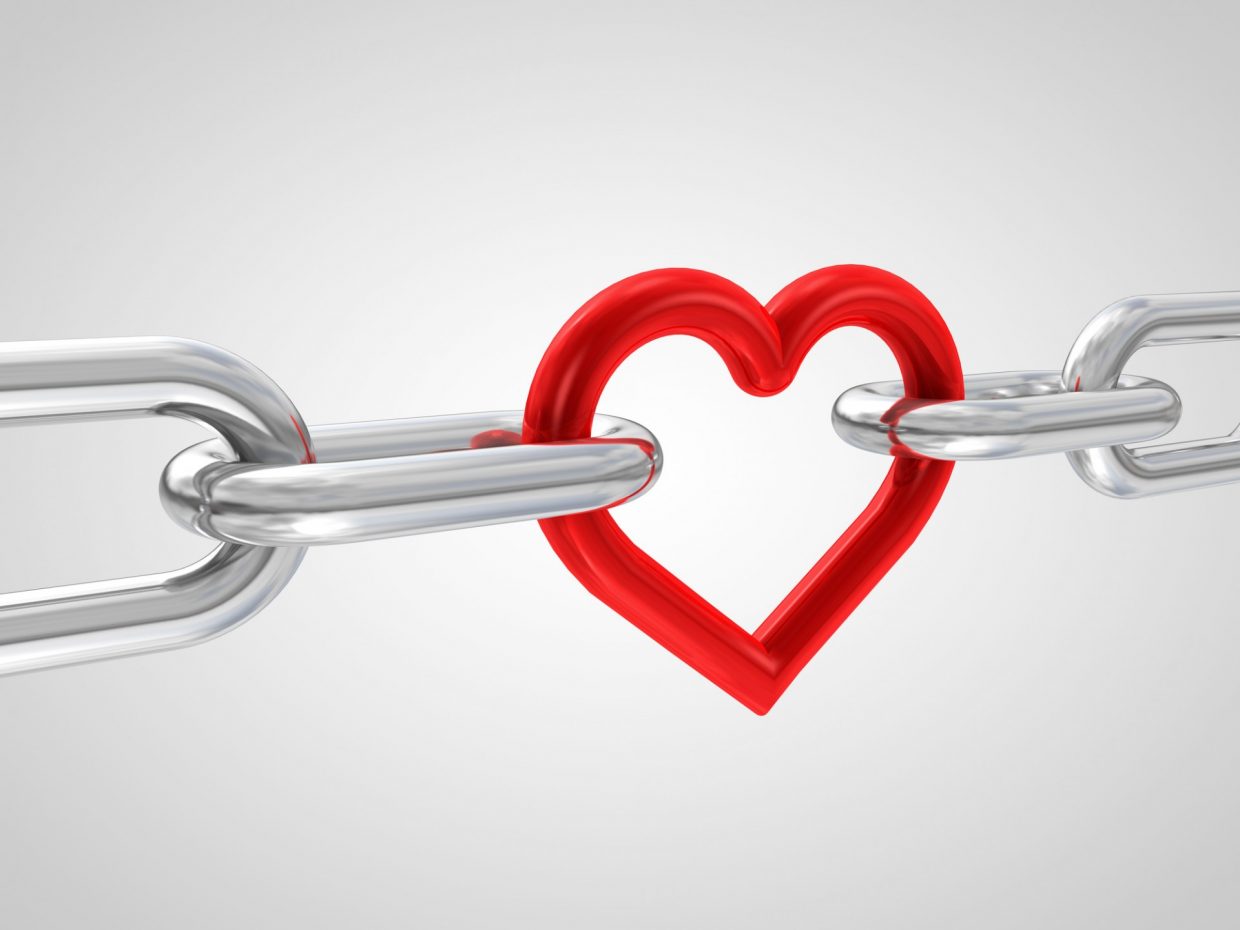
HRV – the best proxy measure of your stress?
Why we think an HRV app and chest monitor might help you cope better with stress
By Rob Verkerk PhD, founder, executive and scientific director, ANH-Intl
We’ve been scheduled to run a couple of pieces this week on stress for some time now. Melissa in our team had diligently informed us some time back this week was to be International Stress Awareness Week.
I jumped in and volunteered to do a piece on Heart Rate Variability (HRV). I passionately believe it is one of the most valuable and accessible single proxies that measures how we’re coping – or perhaps not coping – with stress.
Take note of your numbers (key HRV parameters) first thing in the day, and you can handle your day in ways that help you better manage stress. In the long-term, that means you’ll likely live longer, be happier, achieve more and have a better quality of life. Not bad for a very low investment on your part – some kind of ANT+ or Bluetooth heart rate measuring device (effectively a wearable ECG) that costs you less than £40 (€46; $53) and lasts for years!
Read more…
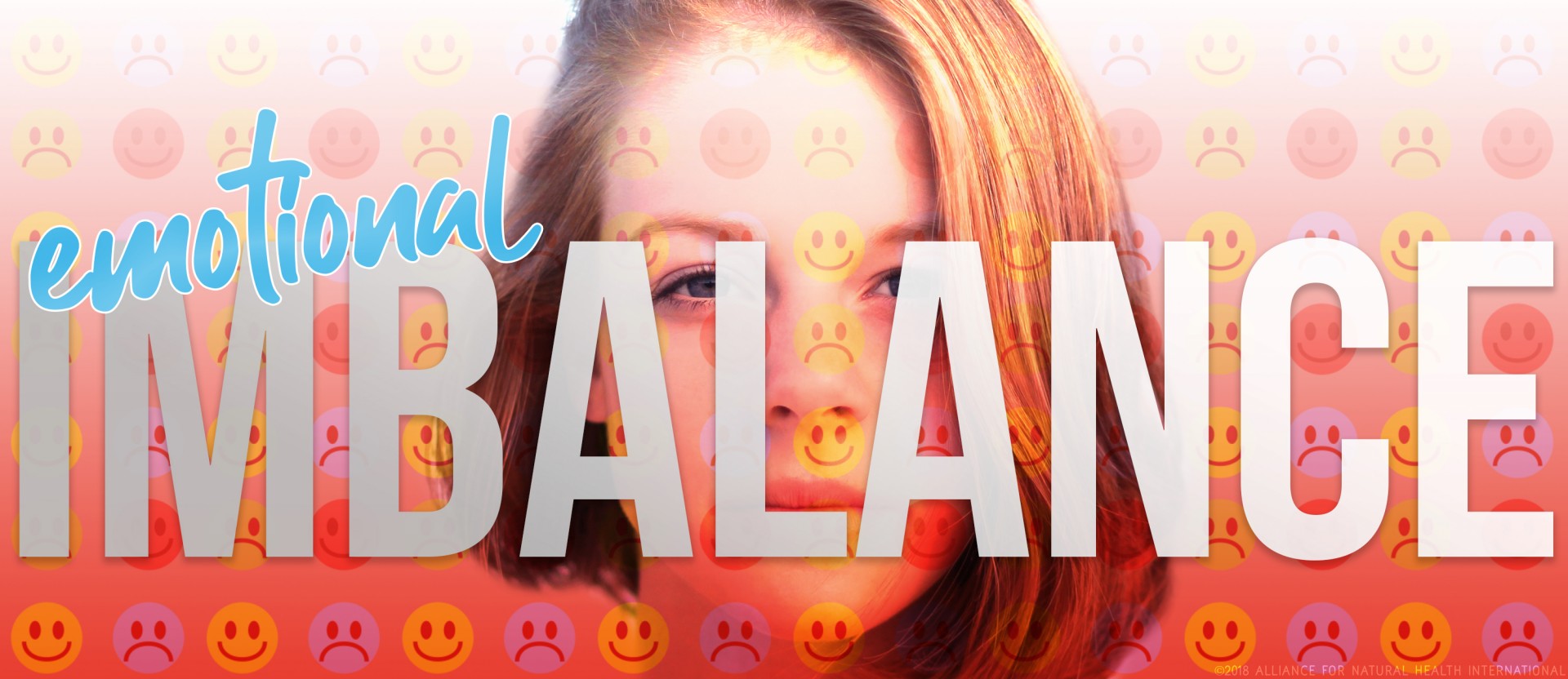
Emotional imbalance: the unspoken ticking time-bomb
How trauma and stress obstruct effective healthy behaviour change
How many times in your life have you known something wasn’t good for you and just gone ahead and done it anyway? Whether it was the food you’ve eaten, your choice of drinks, activity (or otherwise) or a relationship. We’ve all experienced what it’s like to proceed with potentially self-destructive behaviours in spite of being fully aware of the warning bells going off in our heads. It’s as if there’s an internal driver demanding that an action be taken despite the consequences.
We all know what that feels like. But it seems that some people are better at veering from the precipice, learning from previous actions and making better choices. Others, it seems, are hardwired to self-sabotaging behaviours and appear powerless to choose a new road regardless of the information in front of them.
This is the very situation we find ourselves in with regard to current global obesity, type 2 diabetes, coronary heart disease and preventable cancers – the four biggest killers in the Western and industrialised world.
Knowing what’s good for us, even having a desire to do what’s good for us, appears to be powerless if internal emotional (and psychological) drivers are demanding salve for different, hidden and distant wounds.
Read more…





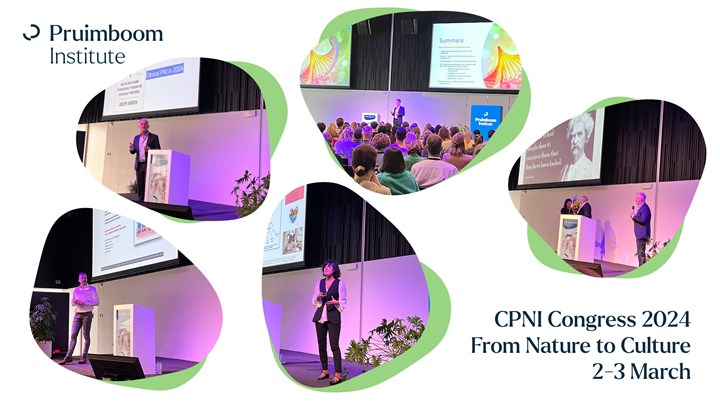
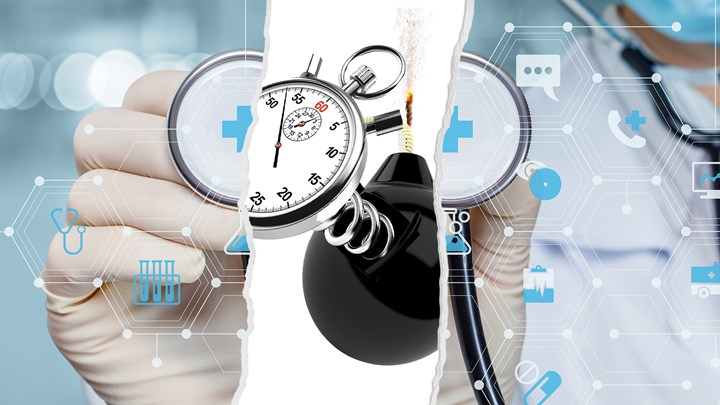
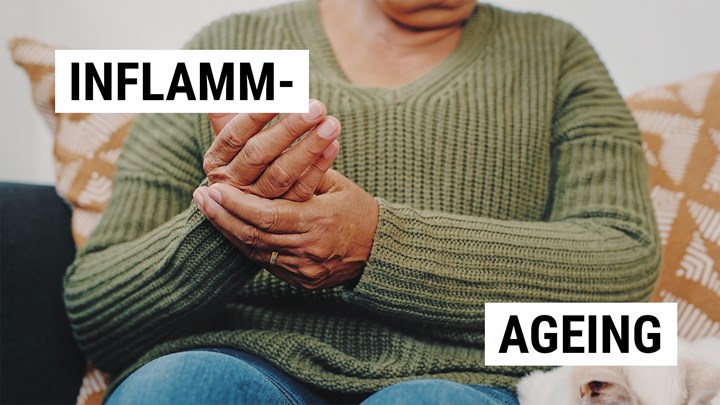
Comments
your voice counts
15 August 2019 at 7:33 pm
In time, our brilliant psychologists will learn that when the brain waves are in Beta, 12-40Hz, there is uncontrolled clutter in the mind, caused by the millions of times per second exchange of information between the subconscious to the conscious. The incoming messages from subconscious include negative thoughts and emotions.. causing depression. When brain waves are in Alpha. 8-12 Hz , the mind is calm and clutter-free.. Advanced active meditation slows the brains waves to Alpha. Doing the meditation for 15 minutes a day, one slows the waves down to a deep meditative state, Theta. The mind is there trained to accept ANY information from the subconscious, thereby cutting out all negative thoughts and emotions. After a few months work on this, the brain waves will stay in Alpha all day, where the 1st thought that comes in to the calm mind from the subconscious may be an answer to a question or problem.. as the subconscious has various deeper connections. This is all well explained by US psychologist Randolph Winters in his excellent The Pleiadian Mission. It's out of print but 2nd hand copies are available.. or the not so practical Kinder etc. I've been doing this for over a decade, and as an example the Emotional Biorhythm has no effect on me. The data come from et, via Swiss Meier of thefly.com. This is only for those with open minds, as you probably are, being on this page.. Hopefully the mods won't delete this post!
15 August 2019 at 7:35 pm
Correction. add NOT... mind is there trained NOT to accept ANY information from the subconscious,
Your voice counts
We welcome your comments and are very interested in your point of view, but we ask that you keep them relevant to the article, that they be civil and without commercial links. All comments are moderated prior to being published. We reserve the right to edit or not publish comments that we consider abusive or offensive.
There is extra content here from a third party provider. You will be unable to see this content unless you agree to allow Content Cookies. Cookie Preferences